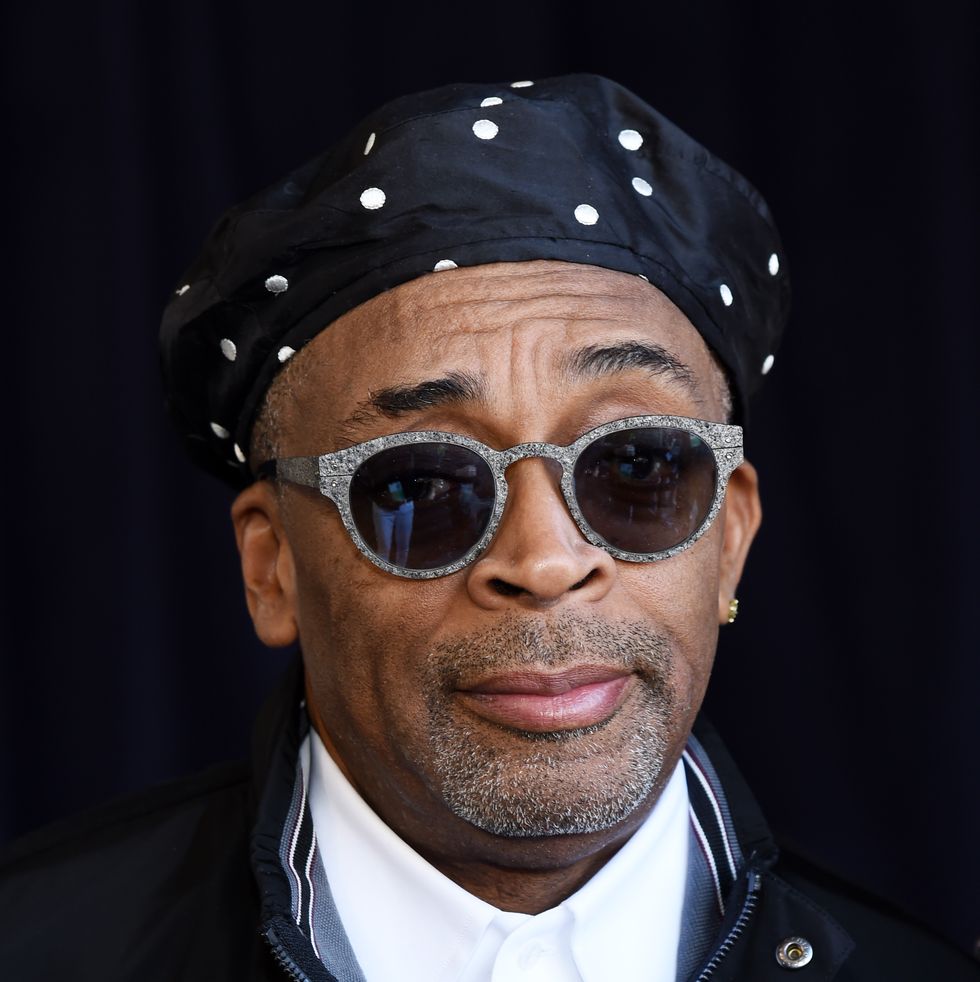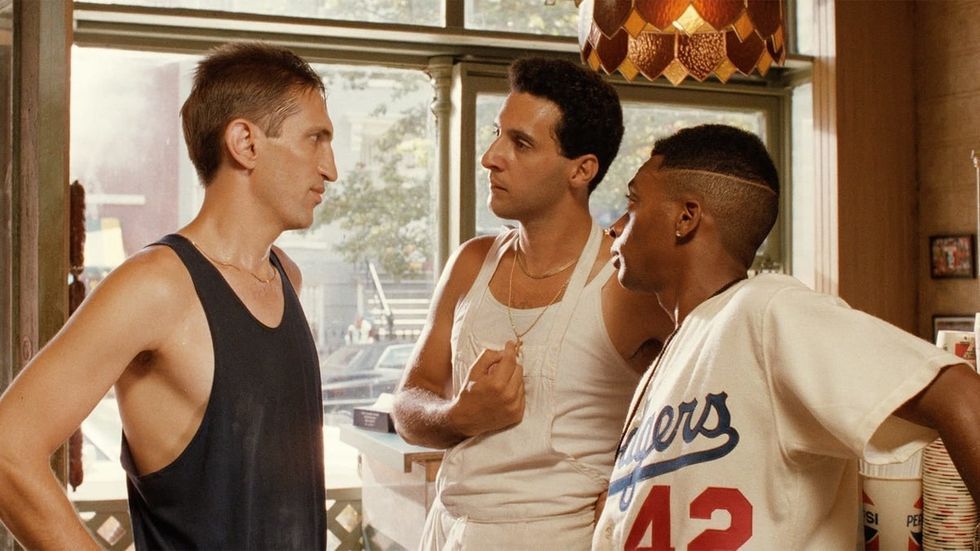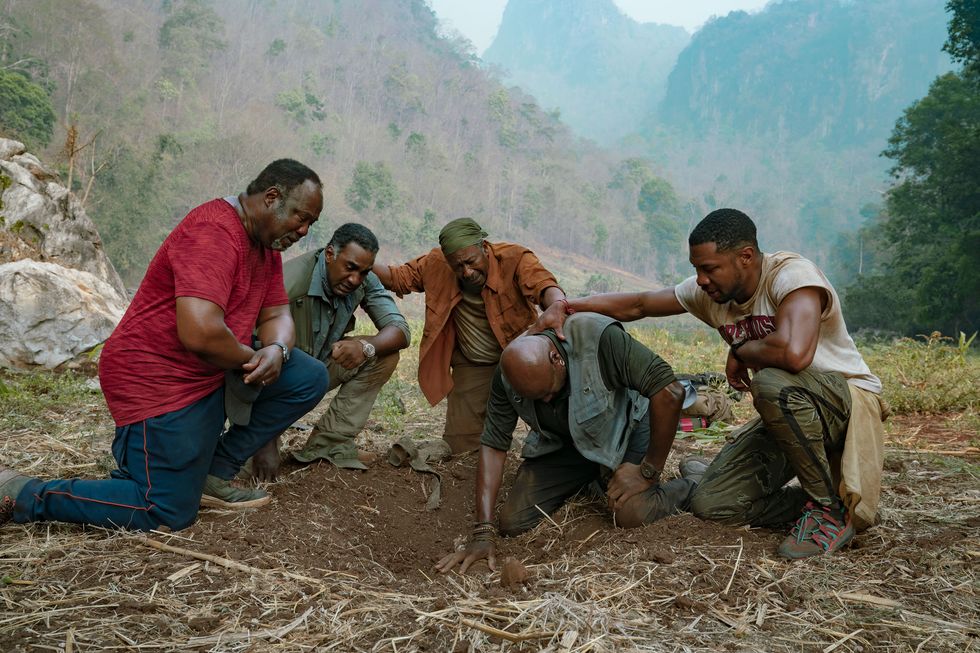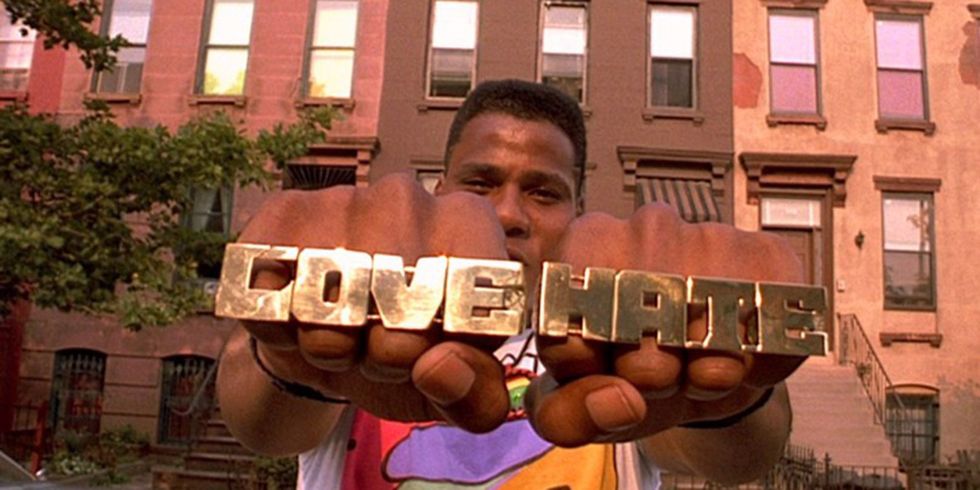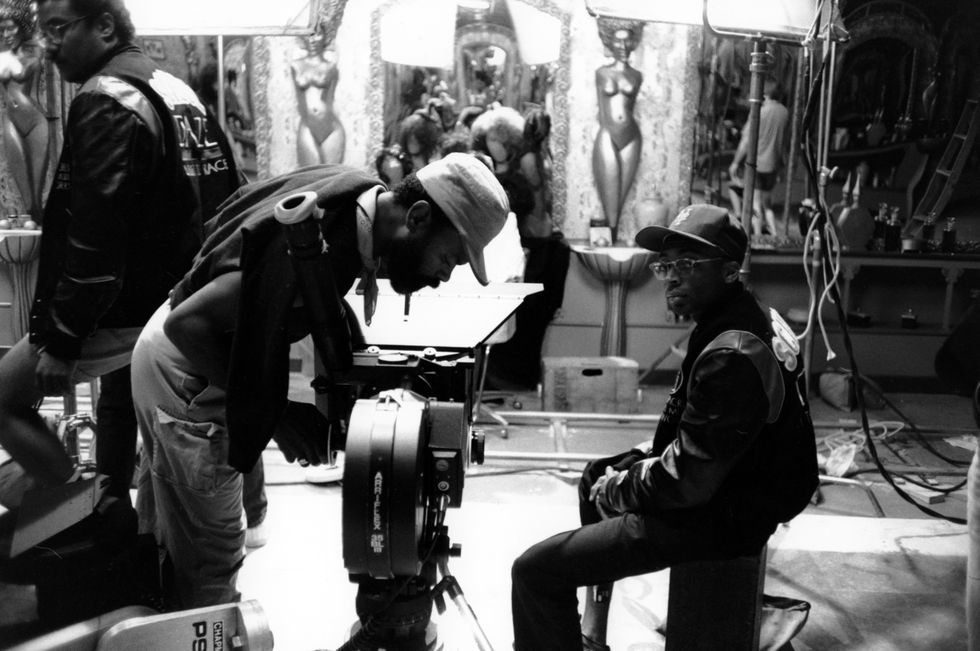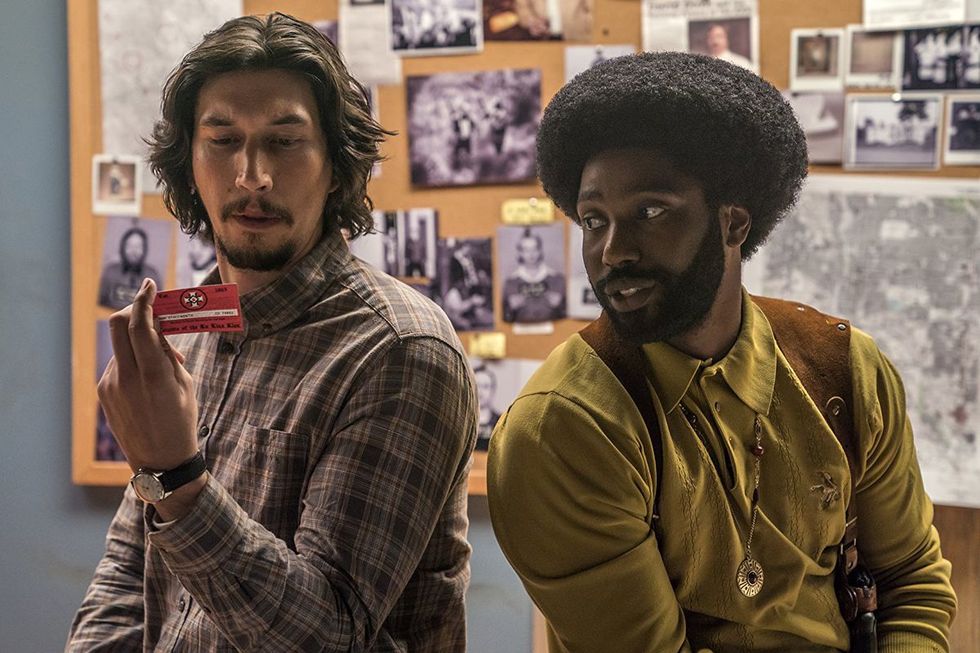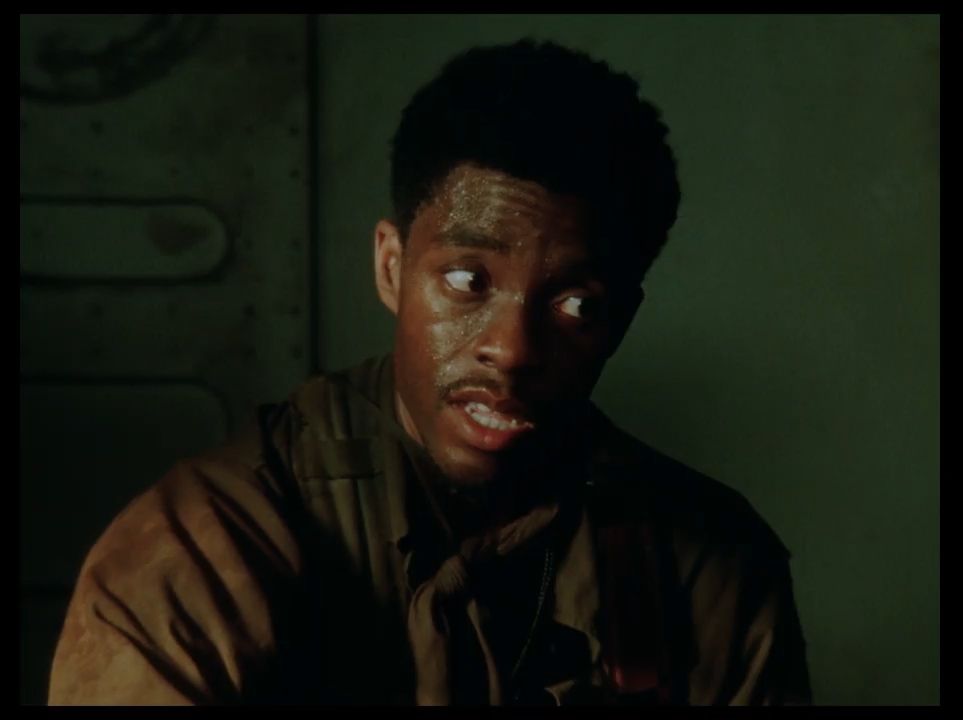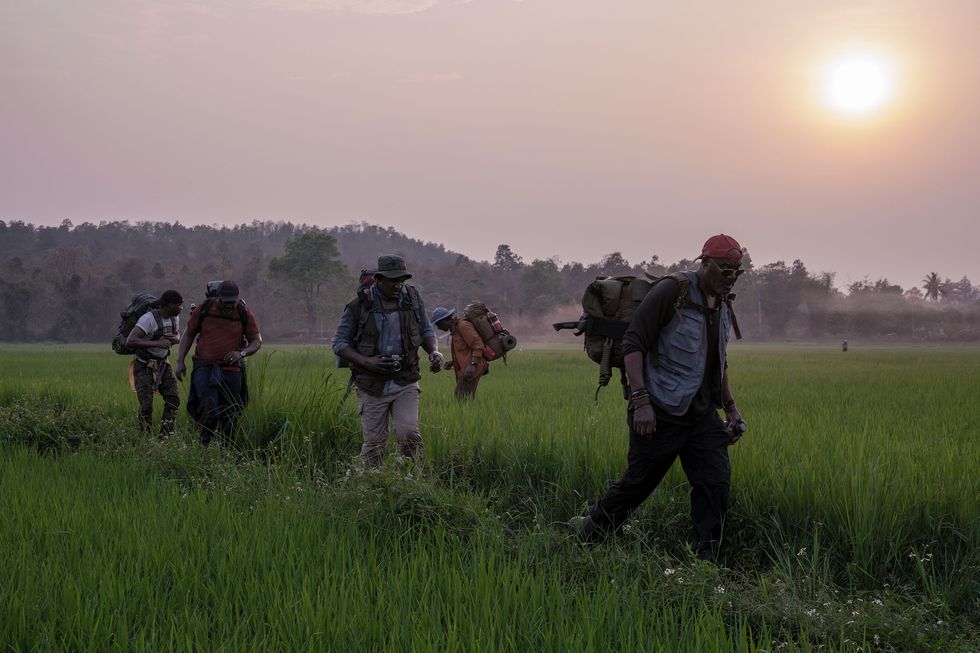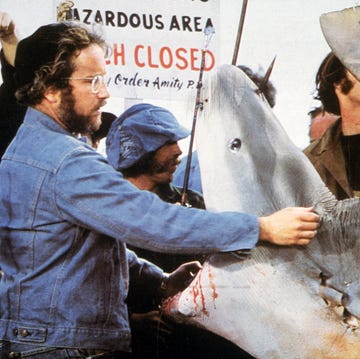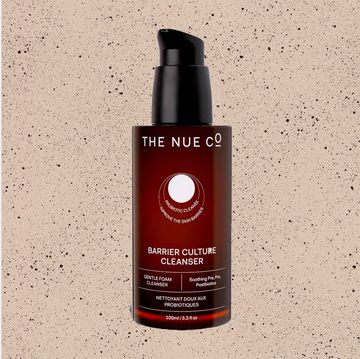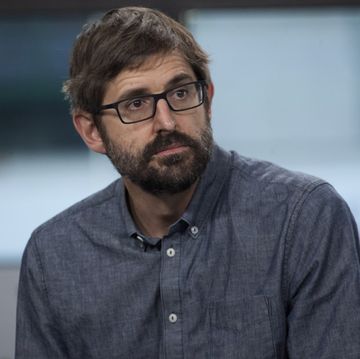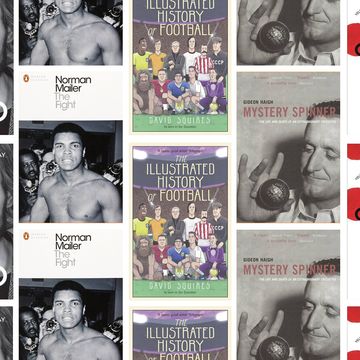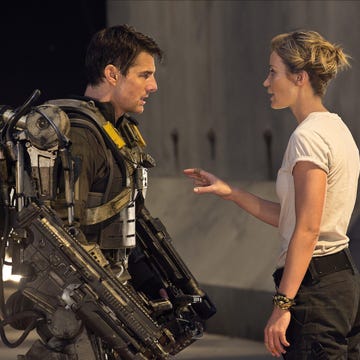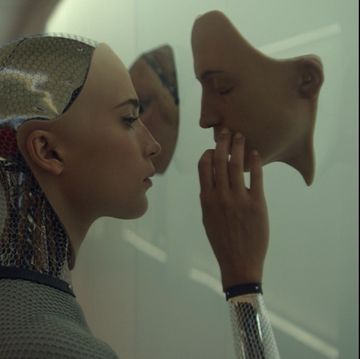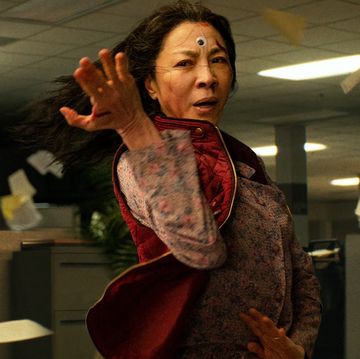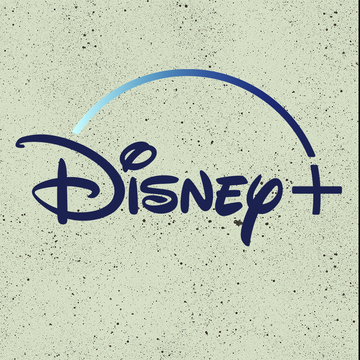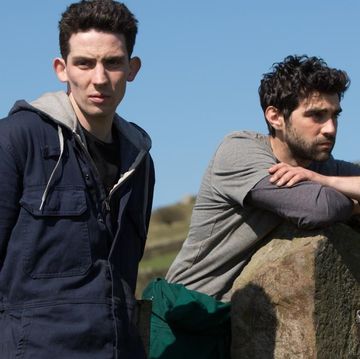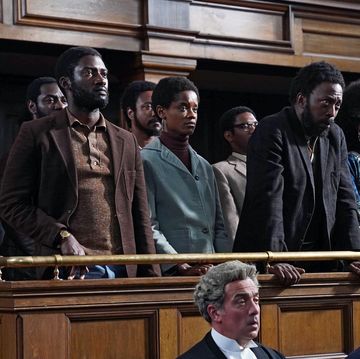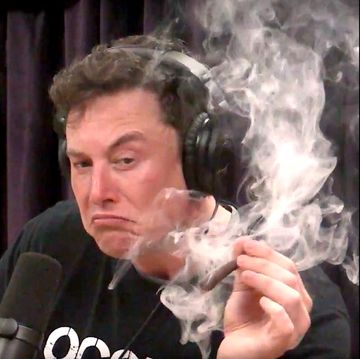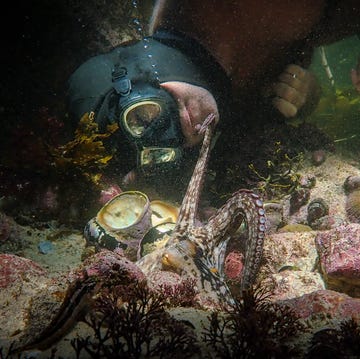On Netflix in June, one of the most vital voices in American filmmaking returns to the fray with a characteristically explosive new movie. Da 5 Bloods is Spike Lee’s take on the Vietnam War, specifically as it was experienced by African-American soldiers, as well as another investigation of his abiding theme, race relations in a divided America.
It is, as many of us have discovered over the past months, all but impossible to generate genuine bonhomie, let alone to transmit charisma, on a Zoom call. Spike Lee manages both, on a Tuesday morning in mid-April, at the height of the Covid-19 outbreak. Talking to me on a glitchy connection from his apartment in Manhattan, seated in front of a vintage poster for The Jackie Robinson Story, wearing a fluoro orange Nike zip-up and a white Da 5 Bloods baseball hat, at one point Lee breaks off from our conversation to remotely usher my kids (ages 10 and 7) into the room I’m working from, referring to himself as “Uncle Spike”, sharing with them his love for Arsenal FC, observing that “one day you’ll be able to see my films — but not yet!”, and counselling them on coronavirus etiquette. “I want you guys to be safe, OK?”
Lee is 63 now, distinguished, a greybeard, a respected teacher of film at NYU and Harvard. If it weren’t for the coronavirus pandemic, he’d have spent much of May in Cannes, chairing the jury at the film festival. (Instead, he’ll wait until 2021 to become the first black person to be accorded that honour.) And yet he’s lost none of the righteous anger that made his early work so electrifying. Sports fan, music fan, street style icon, New York booster, actor-writer-director-producer, Lee is, among other things, an accomplished maker of Hollywood genre movies — 25th Hour, Inside Man — but it’s the films investigating the black experience in America that form the basis of his legend.
From the 1986 debut that announced his blazing talent, She’s Gotta Have It, through his riotous Brooklyn-in-the-pressure-cooker classic, Do The Right Thing, in 1989, and the magisterial Malcolm X, in 1992, to his non-fiction films, including the searing 4 Little Girls (1997), about the 1963 bombing of a church in Birmingham, Alabama; and his devastating documentary about Hurricane Katrina, When the Levees Broke (2006), his has been an insistent vision, and it has made him a singular figure in contemporary cinema: the crusading polemicist of American movies.
His most recent triumph was last year’s hair-raising BlaKkKlansman, Lee’s statement on the Black Lives Matter movement, the rise again of far-right extremism in America, and the hate-filled rhetoric of Donald Trump, the man he habitually refers to as "Agent Orange". To see, at the beginning of a movie, the credit “A Spike Lee Joint”, is to rest assured that one is, at the very least, in for a ride.
Da 5 Bloods is bookended by footage of Muhammad Ali and Martin Luther King, Jr, both expressing dissent at the war in Vietnam. “America has declared war on black people,” declares Kwame Ture, the former Stokely Carmichael. His appearance is juxtaposed with horrifying news footage from Vietnam, from Harlem slums of the period, from the killings at Kent State, the moon landings, Richard Nixon... The soundtrack is Marvin Gaye’s epochal What’s Going On, from 1971, the magnificent album that documented the return from combat of black soldiers who found the communities they had supposedly been fighting for blighted by poverty, drug addiction, unemployment, violence.
Da 5 Bloods concerns the present-day journey to Vietnam of four African-American veterans. Ostensibly they are there, 50 years on, to locate the remains of a fallen comrade (a cameo from Black Panther star Chadwick Boseman, shown in flashback as an Afro’d radical), so that he can be laid to rest in Arlington National Cemetery. It turns out their reasons are more complicated. There is a storyline about lost gold — inspired, Lee says, by The Treasure of Sierra Madre, the John Huston classic. There are subplots about absent fathers, and about PTSD. There are blood and guts. There is Jean Reno as a corrupt French fixer. Hard to imagine another filmmaker who would have conjured the image of a sobbing black veteran in a MAGA hat singing Gaye’s “God is Love” while digging a grave in the jungle.
There are other memorable moments, not least a scene in which a unit of black soldiers learns of the assassination of Martin Luther King from a radio broadcast by Hanoi Hannah, the famous propagandist for the North Vietnamese, a real-life figure played here with impressive poise by Veronica Ngo. Their response? “We need to kill some crackers.”
Are there any films before this one that you feel accurately reflect the experience of African-American soldiers in Vietnam?
I loved what Francis [Ford Coppola] did with Laurence Fishburne and Albert Hall Jr in Apocalypse Now. But I wanted to do a film where the focus was on the African-American soldiers. Because here’s the thing that’s key: at the time of the Vietnam War, the African-American population was 10 per cent of the United States of America. Yet, at the height of the war we were a third of the fighting forces in Vietnam. Those numbers don’t match up. I saw the Vietnam War on television, the six o’clock news. I was, thank God, too young to be drafted. But I was old enough to know what was going on. I was born in ’57. These young men, boys really, were snatched out of high school, shipped to the front lines. That’s something I wanted to portray in the film.
The film feels like a reckoning with what happened in Vietnam, for the characters, clearly, but for black Americans more generally. Is that right?
I think you’re half right. White Americans and brown Americans died in the Vietnam War, too. It was an immoral war. The President, the government, the Pentagon, going down the line, they all lied. And people died because of those lies. There’s a lot of analogies with what’s happening today. And the election’s coming up in November, too.
I want to ask you about the election in moment. But first: Da 5 Bloods is concerned with what it means to be black, what it means to be an American, and what it means to be a black American. It’s asking the question: can those identities be resolved?
I would phrase it a different way. The great African-American WB DuBois, he talked about the duality we have as a people where we’re black and we’re American. And that has had a toll on us. One of the important things I wanted to say is a line I gave to Chadwick [Boseman]’s character. He says, “We’ve been dying for this country from the get.” Meaning the from get-go, from the beginning. Not too many people know that the first American to die for this country, in the revolutionary war against England — you guys! — was a black man [Crispus Attucks, on March 5, 1770]. So when I read or hear Agent Orange [Lee’s name for Donald Trump] say that African-Americans are not patriotic. Or, “If you don’t like this country, you can leave,” I’m like, “Are you serious?” The United States of America was built upon land stolen from the Native Americans. And [it was built on] slavery. That is the foundation upon which the country is built and that’s a fact. Indisputable. So, he’s the last person to call African-Americans unpatriotic. Not everybody had a doctor to write a note that you could avoid Vietnam for supposed bone spurs [as Trump did].
Spike, can I ask a stupid question?
Go ahead.
Given the legacy of slavery and segregation. Given the fact that America was founded on land stolen from native Americans. Given the fact that today we know that African-Americans are suffering disproportionately in the coronavirus, why would any black person be a proud American?
That’s not an ignorant question. Malcolm X asked that question. Everybody’s asked that.
What’s the answer?
I don’t know the answer. But here’s the thing, though. Despite all the inhuman treatment people of colour have suffered, black people are able to do something here that we haven’t been able to do anywhere else. It’s like Radio Raheem [the character from Lee’s Do the Right Thing]. Like Robert Mitchum in [the 1955 classic] Night of the Hunter? [Lee holds up his fists to the screen, in imitation of those characters, with their four-letter messages emblazoned on their knuckles.]
Love and hate?
Love and hate! Another thing I’m thinking about is the ideal of America. But then it still becomes complicated because the Founding Fathers, they owned slaves.
George Washington had slaves.
He had 123. That’s the paradox. That’s been the whole yin-yang of America. It was founded upon slavery. They steal the land and commit genocide on the native people. That’s really been the dilemma of America. How to make things right? And I’d like to add, sir, that we talked about the black and brown people, no-one’s talking about what the coronavirus has done to Native American reservations. I don’t call them reservations, I call them concentration camps. It’s been horrible. Native Americans are almost forgotten people here. CNN has done maybe a couple of stories. Nothing else.
I haven’t seen anything about that.
It’s why, even from early on, I was never a big John Ford and John Wayne fan. What those films did, TV shows too, they demonised human beings, and generations of Americans grew up thinking that Native Americans were savages.
I want to ask you a bit more about yourself and your movies.
Ok, we’re going to talk about Da 5 Bloods too, though, right?
Absolutely. This is certainly relevant to Da 5 Bloods. Right from the beginning your films have been concerned with the black experience in America: race, drugs, crime, poverty, but also upper-middle class concerns, of success and failure, interracial romance, being not-black-enough, or too black. Is that because, as an African-American director, you think it’s incumbent on you to cover that territory, as a representative of your race? Or is it because you cover that territory that you’ve become the most prominent African-American director?
Well, I would like to say, I have made a film called Summer of Sam. 25th Hour…
Inside Man?
Inside Man.
You’ve made films that were not directly concerned with race, absolutely. And yet, still…
But here’s the thing, though. And thank you for the question. My mother was a cinephile and she started taking me to the movies at a very young age. So I grew up watching films. And not knowing that I would eventually become a filmmaker. And at the times that my mom was taking me to movies, there weren’t too many black films to see. And my mother really wasn’t a blaxploitation fan. So I just found that it was natural for me to do films about my culture, my people. And as you said, different economic levels, different stories. My mother told me very early on that the African-Americans, we’re very diverse people. We don’t all look alike, speak alike, or think alike. I’ve tried to explore the different dimensions, levels, of African-Americans, and their stories.
I’ve rewatched a number of your films over the past few days. It seems to me that, not that you started out super-mellow or anything, but you have become even more, if I may say so, even more –
What’s the word?
Even more impassioned! Even angrier. Your most recent films are still very much concerned with the injustices of being a black American.
The passion’s always been there. It’s still there, thank God. And when the passion’s not there, I’ll stop making films. I’m 63. How old was Kurosawa? 85, 86? I’m going to try to get up there.
Da 5 Bloods, like BlacKkKlansman, like a number of your films, is a mash-up of styles and techniques and tones. It beaks down the boundaries between genres, and between documentary and fiction. This is presumably intentional. You are creating a new, hybrid form.
You know what you just did?
What did I do?
Take it easy. Relax, relax. You started turning red.
I can’t help it.
You just described a Spike Lee Joint!
OK! That’s good.
Oh, man. It’s all love, it’s all love, it’s all love, it’s all love, it’s all love. But being serious, though, what describes a Spike Lee joint? It’s a mixture, it’s a gumbo, it’s a – what’s the word, a goulash! I just put everything in it, including the kitchen sink. And stir it up.
In this case especially. There’s some pretty crazy stuff in this film. There’s a lot going on.
There’s a lot in it and then besides, you might say. [To talk only about] its politics limits it. It’s an adventure film, too. And that’s something that I hope that audiences will enjoy also. This is the type of film that I saw growing up. Not necessarily in a movie theatre, but on television. Guns of Navarone. Bridge On the River Kwai. Even still today, one of my favourite genres is World War II films. And then when I went to NYU graduate film school, that’s when I discovered Italian Neorealism. Bicycle Thieves, Rome, Open City. I mean, I love those films.
Same thing, right? Blurring the lines between fiction and reality. Shooting on the hoof, in real situations.
Well, the war had just ended and they were filming where battles had taken place. A lot of the people weren’t really trained actors.
In recent years, a number of films by black filmmakers or films telling stories about black people have started to win big prizes and audiences. 12 Years A Slave, Moonlight, Get Out, Selma, Black Panther. You won an Oscar for BlacKkKlansman. Does this mean that the struggle of black filmmakers for recognition is being won at last?
The struggle continues. I’ll give you a reason why. Until people of colour get green light positions within the studios, the struggle continues. Only when we’re in those positions, to green light a film, and those films get made, can you ensure this is not a fad. Because we’ve seen this before. Every ten years there’ll be some [black] films, then there’ll be a nine-year drought. Here’s hoping that that’s not the case. But I am encouraged. I mean, we cannot underestimate the impact of Black Panther.
Because it made lots of money?
It made a lot of money. And in Hollywood, money talks, bullshit walks.
I want to read you a quote from Da 5 Bloods, from one of your characters. Speaking of Donald Trump, he says: “On behalf of all of the black folks of the USA, which are the only group that didn’t vote for the motherfucker, we plead innocent to all charges, claims, accusations, allegations and associations connected to the Klansman in The Oval Office, so help me God.” Does that describe how you feel?
Yes. I think that Agent Orange will go down in history as not only the worst President of the United States of America, as one of the worst world leaders ever. Right now [April 21], we’re having this pandemic and he’s writing Tweets: ‘Liberate Michigan!’ This is complete insanity. We’ve already seen what social distancing can do. We cannot let up. The battle against this disease is not over and the American public is befuddled, in my opinion, by these mixed messages we’re getting from the White House. He’s doing whatever he can to be re-elected, and everything else has to go to the wayside. I mean he’s said so many things on camera which he denies saying. It is unbelievable.
Many people have said much of what you just said about him being unfit for office. But the key word for me in that quote from the film, the most provocative word, is “Klansman”.
His history says that he’s not a friend of African-Americans or people of colour. This has been documented before he got into the White House. Here’s the thing, though. President Barack Obama, and I believe him on this, said the upcoming presidential election will be the most important presidential election in the history of the United States of America. Everything I have said today is my opinion, but I do think [Trump’s] handling of the coronavirus will be his undoing. I hope and pray I’m right. Not just for me but for the safety of the world.
Do you feel optimistic about the election?
Yes. I think that justice will prevail. Love and hate. I want to go to my man Bill Nunn, who portrayed Radio Raheem [in Do The Right Thing]. I want to go to my man Robert Mitchum, who portrayed the jackleg preacher [in Night of the Hunter]. That eternal story between love and hate. And I’m always going to check the box of love. Always.
You think Joe Biden’s got enough to beat Trump?
I think and hope that President Obama and many other people are going to give him a helping hand.
Was Obama an aberration?
You could say that. Compared to now that was a great eight years. And I think that as time goes on, we’re going to appreciate him even more. I think that history will be very kind to the 44th President of the United States of America. And I’m a proud American that his first date with Michelle, they went to see Do The Right Thing.
That’s right! I’d forgotten that.
So we’re forever entwined.
Without you, they might never have got together. And then, no black President!
Who knows! But I said to him on numerous occasions, he was smart enough not to take Michelle to see Driving Miss Daisy. Michelle’d say, ‘What’s wrong with this brother?’
As I mentioned, you won an Oscar for BlacKkKlansman. You won a BAFTA. You won the Grand Prix at Cannes. Do you every worry that you might become a part of the establishment, lose a little bit of your essential Spikyness?
Um, it’s not something that keeps me up at night. Let me give you a better answer. I think that my legacy is going to be my body of work, which I’ve been working on since 1986 with She’s Gotta Have It. That’s going to be my legacy.
Do you have ambitions in filmmaking that are unfulfilled?
I have a script I wrote with the great, great, great Budd Schulberg [the late writer of On The Waterfront]. It’s about the relationship between Joe Louis and Max Schmeling, two of the great heavyweights. Hitler! Goebbels! Churchill! FDR! Eleanor Roosevelt! Sugar Ray Robinson! Epic! Budd was at the two Schmeling-Joe Louis fights. In ’36 and ’38. Many people thought that whoever won the second fight between Joe Louis and Max Schmeling would determine the outcome of the fight against the Nazis. Even though Schmeling was not a Nazi, he was used as a tool by Hitler and Goebbels to be an example of the superior race, the Aryan race. I made a promise to Budd before he passed away [in 2009] that I would get this film made. And I do not want to be a liar to Budd Schulberg. It’s going to get made. I’m confident.
Da 5 Bloods is available to watch on Netflix from 12 June
Like this article? Sign up to our newsletter to get more delivered straight to your inbox.
Need some positivity right now? Subscribe to Esquire now for a hit of style, fitness, culture and advice from the experts
